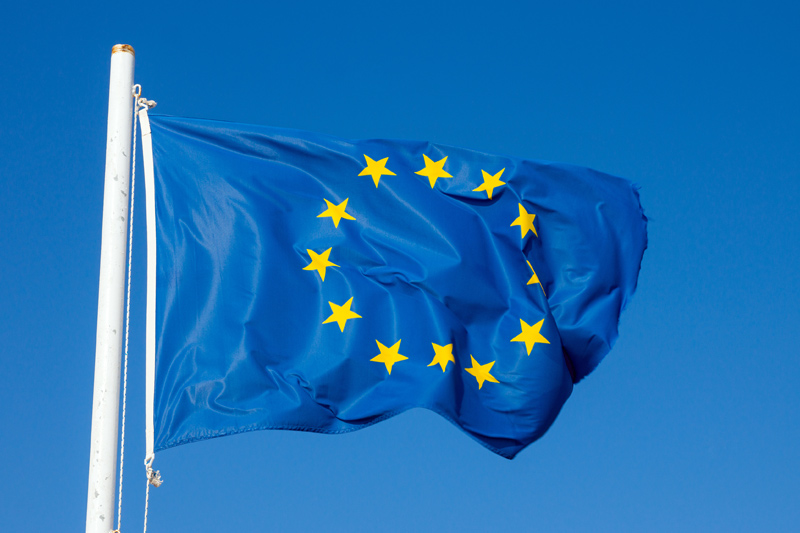By Huw Jones
LONDON (Reuters) - European Union banking supervisors will use a common "scorecard" from 2016 to check if lenders can stay in business, use reliable IT systems and hold enough capital to pay potential fines, the bloc's main sector regulator said on Monday.
The proposed scorecard is part of a welter of reforms in the banking sector intended to shield taxpayers from having to rescue lenders, as they had to in the 2008-09 financial crisis.
A common scorecard will also make it harder for a national supervisor to shield a domestic bank from having to hold more capital than the minimum requirements, as watchdogs will face spot checks by supervisors from elsewhere in the EU.
Draft guidance from the European Banking Authority (EBA), the bloc's overall banking watchdog, shows how supervisors will identify specific risks that would need a bank to hold capital and liquidity above common requirements for all lenders.
The new guidelines will replace a patchwork of national approaches to working out how much, if any, extra capital banks should hold above minimum levels applied across the EU.
For example, not all regulators regularly examine a bank's business model to see if it is sustainable or that payment systems are up to scratch.
Even for supervisors that do, there is no common approach, making it harder for investors to compare the true risks banks are running. Checks on liquidity, or the ability to withstand short market shocks unaided, are effectively new for all supervisors.
The guidelines are out to public consultation until October.
"These guidelines will be applied in the supervision of all institutions across the union and represent a major step forward in forging a consistent supervisory culture," the EBA said.
The bulk of EU banking assets are held by large cross-border banks such as Barclays and BNP Paribas, who have "colleges" of regulators from the different countries they operate in. In future, all members of a college will have to make a consistent assessment of risks.
Business model analysis will be new in some countries and could be a significant change, as some analysts say that to be a sustainable a bank needs a return on equity of between 10 and 12 percent. The average in Europe is 6 percent or less.
The guidelines also require checks on whether a bank has enough capital to withstand a likely fine, which can be huge, as in the case of this month's $9 billion (5.2 billion pounds) fine on BNP Paribas for violating U.S. sanctions.
For major euro zone banks like Deutsche Bank and Societe Generale, they will be applied by the European Central Bank, which supervises them from November. Elsewhere they will be applied by national supervisors like the Bank of England.
(Editing by David Holmes)
